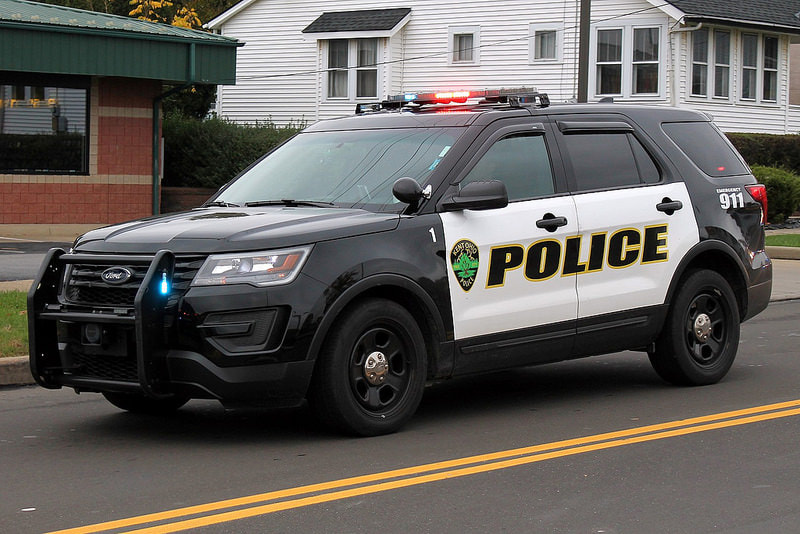| True confession time: About a month ago I was driving a desolate stretch of road in my city when I got pulled over and cited for speeding. This sort of thing doesn’t happen often to me, but I had no reasonable defense, other than maybe an extra-judicial appeal to the fact that, with no other cars or pedestrians on the road, I wasn’t a threat to public safety. Oh, and the posted speed limit had dropped suddenly from 35 mph to 25 mph at the last stop sign, which didn’t seem to make much |
| | sense at all. But, as I suppose would be the case with many of you, I didn’t make any of these arguments. I was, indeed, exceeding the posted limit. I accepted the ticket and paid the fine online. But the experience did cause me to perk up a few weeks later during a Senate hearing at the state Legislature when a former police officer from my city testified he had been given daily ticket-writing quotas. (I’ve deliberately chosen not to mention the city for two reasons. Its policies may have changed since the officer was employed, and those I spoke with say the practice exists in many Utah cities. Focusing on one city would be misleading.) The former officer, Jeff Hardenbrook, said he was required to write 65 tickets per month, which he divided by the number of days he worked. What it meant, he said, was that, “Every time I started my car in the morning at least three people … were going to get a ticket, period, the end.” If it were a slow day, he would get especially picky. For example, the law said a driver must have the turn signal on for at least three seconds before turning or changing lanes. “If you’re short on tickets and the car ahead of you (signal) is on for two seconds, they’re going to get a ticket,” he said. Hardenbrook said some of these encounters left him with an especially bad taste. “I remember one specifically – a woman who was taking her child to the hospital that was speeding,” he told lawmakers. “It was late in the month and she was over the posted speed limit, and I was short on tickets. “There were no other cars on the street. She didn’t present a hazard to anybody else. But because the law is the law and I had a quota, she got a ticket.” Hardenbrook was testifying on behalf of SB154, a bill sponsored by state Sen. Howard Stephenson, R-Draper, which would outlaw quotas for police departments. It also would make it illegal to discipline an officer for not writing a certain number of tickets or making a certain amount of arrests. The bill passed the Senate Judiciary, Law Enforcement and Criminal Justice Committee unanimously last week. Police officials, who seemed unanimous in their opposition to quotas at the hearing, still want to negotiate changes to the bill before it advances. They wondered how to evaluate the effectiveness of an officer without looking at the number of citations or arrests he or she made. That’s a common concern. Some proponents argue that, somehow, departments in California, Florida, Illinois and New York are able to do this. Each of those states outlaws quotas. But then, an NPR story in 2015 quoted former officers who said quotas still persist in those states, law or no law. Apparently, it’s much harder to fairly evaluate quality policing than quantity. But focusing only on quantity can have unintended consequences. Hardenbrook worries quotas encourage officers to adopt a mindset that views police and the public as enemies. He also worries people will lose faith in a department if they suspect police are out to bring in revenue for the city. That may be a difficult suspicion to erase under any circumstances. Few people feel happy after being pulled over, and few people who aren’t pulled over think about it at all. Still, it would be unwise to underestimate the value of perceptions. People who violate the law — and my speeding, regrettably, falls under that description — deserve to be cited regardless of any quotas. But it’s hard to see how quotas help police keep the peace or build trust. All of which argues for making them a thing of the past in Utah. |


 RSS Feed
RSS Feed

